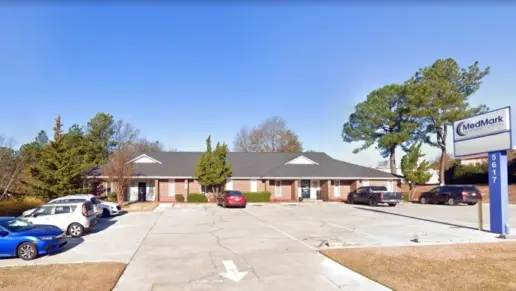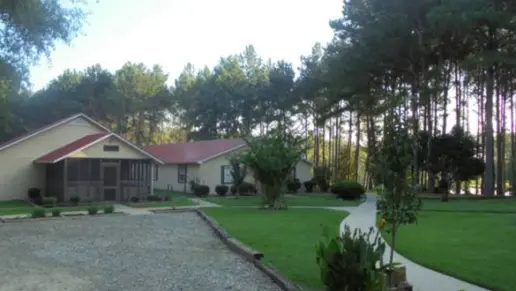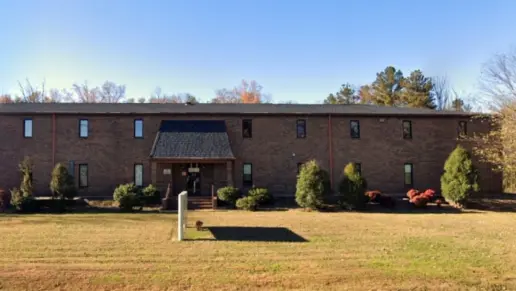If you’re looking for a Christian-based program, this is one of the best places to consider. From personal experience, I attended this program back in October 2016 at the age of 20. At that time, I had no direction or discipline in my life. Waypoint Ministry introduced me ...
About Waypoint Ministry
Out in Dahlonega, Georgia, is the Waypoint Center. It’s a Christian residential program for men struggling with addiction. The faith-based program usually lasts for 12 months and focuses on inner healing and biblical teaching to help clients break the cycle of addiction and reconnect with loved ones.
I really like that Waypoint has affordable fees, payment plans, and scholarships for eligible men who desperately need help but can’t afford it. They even provide clothing and personal supplies to the guys who don’t have them. Plus, there are no hidden fees.
Throughout a stay at Waypoint, counseling helps clients understand the trauma that fuels the addiction cycle. Clients also receive psychoeducation that provides them with the skills needed to overcome the life-controlling habits that accompany a substance use disorder.
What stands out to me is the emphasis they place on the role of family and loved ones in the recovery journey. There’s a significant focus on reuniting clients with loved ones and mending the fractured relationships resulting from substance use disorder. Loved ones are also given education about addiction and are invited for visits after 30 days to help build stronger relationships.
Waypoint is committed to the Christian faith, but the men aren’t required to share these beliefs to be admitted. The only requirements are that clients are committed to change and aren’t under the influence of alcohol or drugs at the time of admittance. This means they need to undergo a medical detox before entering the program.
Facility Overview
Latest Reviews
Rehab Score
Gallery
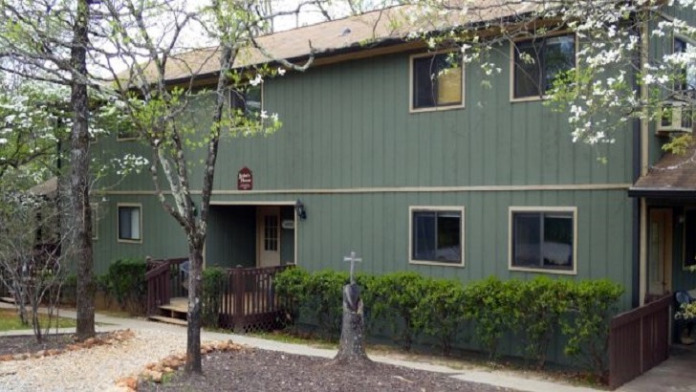
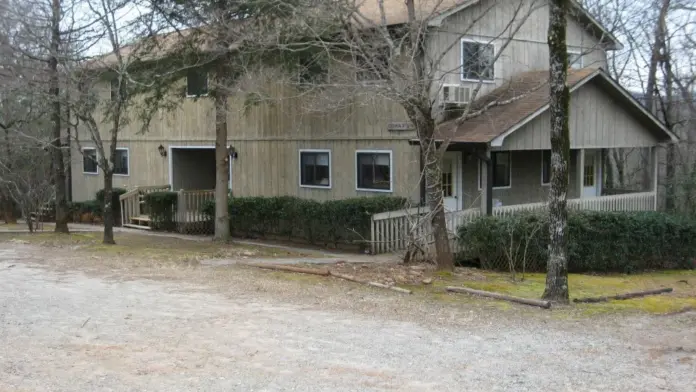
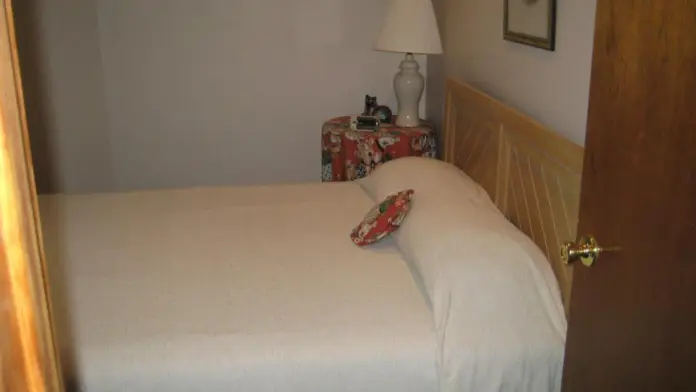
Location
Other Forms of Payment
Private insurance refers to any kind of healthcare coverage that isn't from the state or federal government. This includes individual and family plans offered by an employer or purchased from the Insurance Marketplace. Every plan will have different requirements and out of pocket costs so be sure to get the full details before you start treatment.
Self-pay involves paying for treatment out of your own pocket. You can use savings or credit, get a personal loan, or receive help from family and friends to fund your treatment. If you don't have insurance or your insurance plan doesn't cover a specific program, self-pay can help ensure you still get the care you need.
Addiction Treatments
Levels of Care
Treatments
The goal of treatment for alcoholism is abstinence. Those with poor social support, poor motivation, or psychiatric disorders tend to relapse within a few years of treatment. For these people, success is measured by longer periods of abstinence, reduced use of alcohol, better health, and improved social functioning. Recovery and Maintenance are usually based on 12 step programs and AA meetings.
A quality drug rehab in Georgia can help you overcome addiction. This environment is designed to help you address the complex issues contributing to drug dependence. The goal of treatment is to give you the tools you need to make a full recovery.
A combined mental health and substance abuse rehab has the staff and resources available to handle individuals with both mental health and substance abuse issues. It can be challenging to determine where a specific symptom stems from (a mental health issue or an issue related to substance abuse), so mental health and substance abuse professionals are helpful in detangling symptoms and keeping treatment on track.
Opioid rehabs specialize in supporting those recovering from opioid addiction. They treat those suffering from addiction to illegal opioids like heroin, as well as prescription drugs like oxycodone. These centers typically combine both physical as well as mental and emotional support to help stop addiction. Physical support often includes medical detox and subsequent medical support (including medication), and mental support includes in-depth therapy to address the underlying causes of addiction.
Programs


Clinical Services
Research clearly demonstrates that recovery is far more successful and sustainable when loved ones like family members participate in rehab and substance abuse treatment. Genetic factors may be at play when it comes to drug and alcohol addiction, as well as mental health issues. Family dynamics often play a critical role in addiction triggers, and if properly educated, family members can be a strong source of support when it comes to rehabilitation.
Group therapy is any therapeutic work that happens in a group (not one-on-one). There are a number of different group therapy modalities, including support groups, experiential therapy, psycho-education, and more. Group therapy involves treatment as well as processing interaction between group members.
Life skills trainings involve all the skills a person must have in order to function successfully in the world. These include time management, career guidance, money management, and effective communication. Truly successful addiction recovery is based on the ability to not only live substance-free, but to thrive. Life skills teaches the practical necessities of functioning in society, which sets clients up for success in life, and therefore sobriety.
Staff & Accreditations
Staff
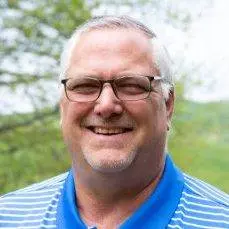
Executive Director
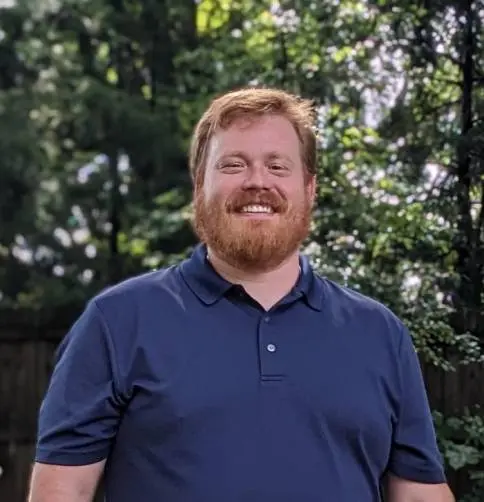
Program Director
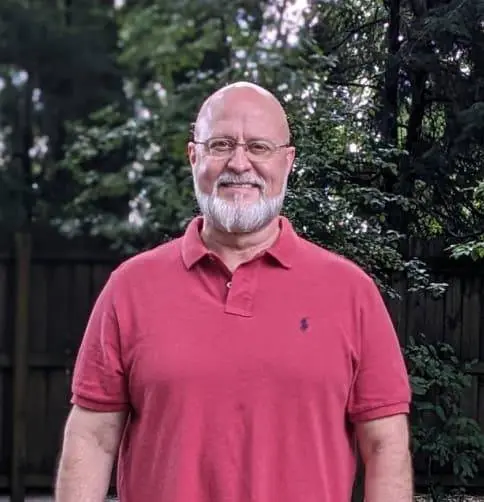
Donor & Marketing Director
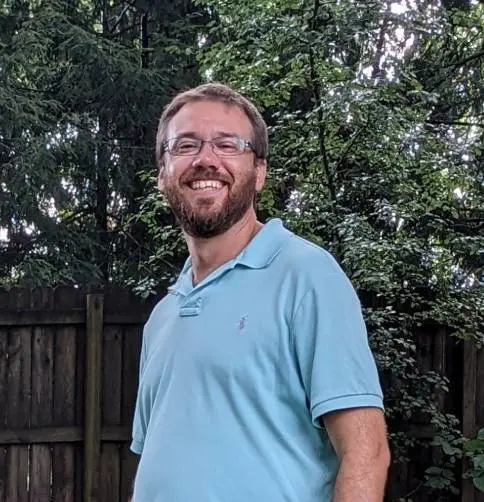
Counselor Coordinator
Accreditations

State Licenses are permits issued by government agencies that allow rehab organizations to conduct business legally within a certain geographical area. Typically, the kind of program a rehab facility offers, along with its physical location, determines which licenses are required to operate legally.
State License: Georgia
Contact Information
129 Center Point Drive
Dahlonega GA, 30533
